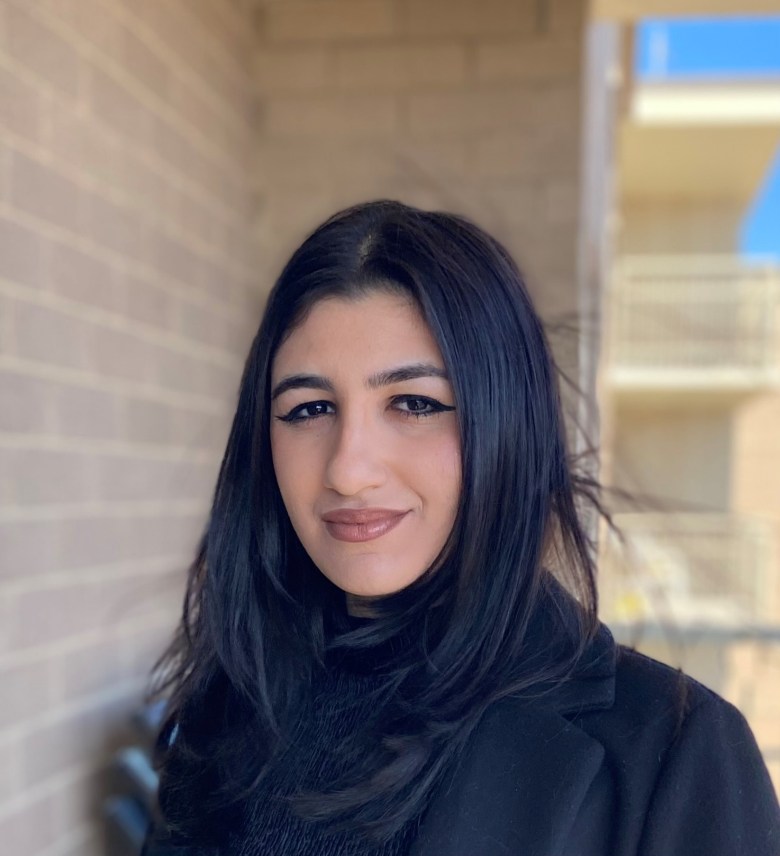In June, members of the U.S. House announced the relaunch of an Assyrian national caucus, the latest evidence of steadily growing Assyrian American political advocacy in the United States. Its inception comes amid rising tensions for Assyrians in northern Iraq and persistent advocacy by those in the diaspora and tests the efficiency and effectiveness of lobbied policy initiatives.
Assyrians make up a distinct ethnic group indigenous to parts of modern-day Iraq, Iran, Turkey, and Syria. Outside the Middle East, Chicago hosts one of the largest concentrations of Assyrians globally. From ethnic cleansing in Iraq’s early days to targeted attacks by ISIS
beginning in 2014, and recently, threats to land ownership and livelihood under the governance of the Kurdistan Region of Iraq (KRI), Assyrians have faced continued threats in their ancestral home.
The newly relaunched “Assyrian Caucus,” so far composed of U.S. Rep. Jan Schakowsky (D-
Ill.), who represents a dense population of Assyrians residing in Illinois’ ninth district, U.S. Rep. Josh Harder (D-Calif.) and U.S. Rep. Anna Eshoo (D-Calif.), aim to address some of these issues. I spoke with Harder, who chairs the caucus, on its agenda and priorities, which he said include working on passing various pieces of legislation, one of them the reintroduced resolution calling for recognition of the Ottoman-executed Assyrian mass killings beginning in 1914 as genocide.
But also among his promises are plans to revisit issues “affecting the Nineveh Plains,” he said, referring to the region in northern Iraq home to several ancient Assyrian historical sites and a dense Assyrian population, citing concerns like security assistance and efforts to protect “Assyrian communities abroad.”
Past such efforts have peaked at words on paper. Last year, a draft of the 2022 National
Defense Authorization Act, which specifies the Department of Defense’s budget and
expenditures, passed in the House with an amendment specifically referencing the Nineveh Plain Protection Units, an Assyrian militia formed in response to ISIS’s presence in the region. By the time the bill was signed into law, the reference was omitted; the only traces of its prior inclusion was a call upon Iraq to “ensure the safe and voluntary return” of ethnoreligious minorities to the Nineveh Plain.
In 2018, a bill very much resembling that NDAA amendment died in
committee. Governance of the Nineveh Plain is contested by several parties, including Iraqi security forces, Popular Mobilization Forces (PMF, also known as Hashd al-Shaabi), and Kurdistan Regional Government (KRG) forces. Given the context of contested control, Assyrian advocates have long pushed for U.S. support of the NPU. That push constitutes much of the community’s efforts for “security assistance,” as Harder put it, for Assyrians in Iraq today.
Harder’s promise and, thus, the agenda of the new Assyrian National Caucus at large raise the questions of feasibility, tangibility, and how much power — or willingness — a congressional caucus has in beckoning the U.S. to alter, if not completely untie, its current diplomatic interests to appease constituents and, presumably, upcycle constituent votes from representatives’ respective congressional districts.

Yazmeen Altaji is a student in the Journalism program at Northwestern University’s Medill School of Journalism.

